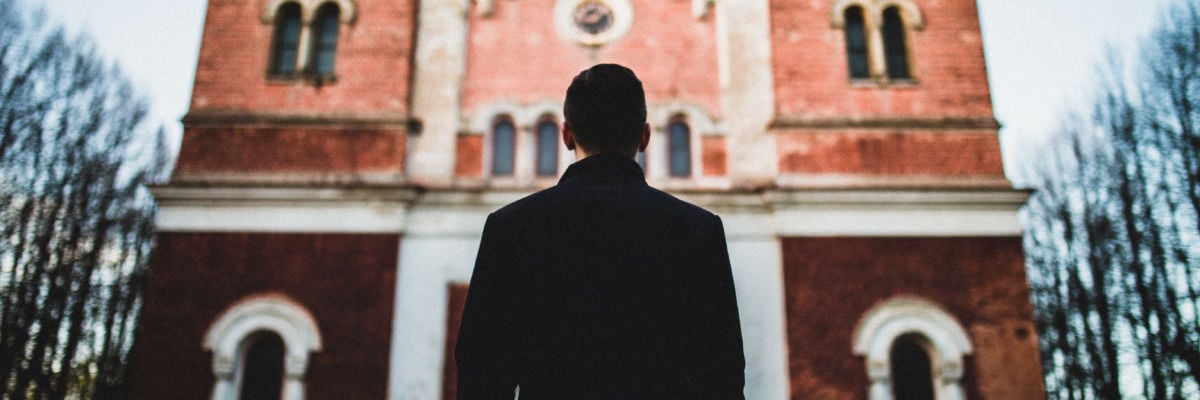
DAY 359
CHALLENGE
“Why do Catholics worship on Sunday instead of keeping the Sabbath? The (Saturday) Sabbath is part of the Ten Commandments, which Catholics recognize as expressing the moral law (CCC 1962).”
DEFENSE
The Sabbath command is unique among the Ten Commandments in that it incorporates both moral and ceremonial aspects.
The Catechism of Trent states:
The other commandments of the Decalogue are precepts of the natural law, obligatory at all times and unalterable. Hence, after the abrogation of the Law of Moses, all the commandments contained in the [Ten Commandments] are observed by Christians, not indeed because their observance is commanded by Moses, but because they are in conformity with nature which dictates obedience to them. This commandment about the observance of the Sabbath, on the other hand, considered as to the time appointed for its fulfillment, is not fixed and unalterable, but susceptible of change, and belongs not to the moral, but the ceremonial law.
Neither is it a principle of the natural law; we are not instructed by nature to give external worship to God on that day, rather than on any other. And in fact the Sabbath was kept holy only from the time of the liberation of the people of Israel from the bondage of Pharaoh. The observance of the Sabbath was to be abrogated at the same time as the other Hebrew rites and ceremonies, that is, at the death of Christ (3:4:4).
Consequently, observing the Sabbath isn’t required even for Jewish people after the death of Christ, and it was never required for Gentiles (see Day 322).
Paul states: “Therefore let no one pass judgment on you in questions of food and drink or with regard to a festival or a new moon or a Sabbath” (Col. 2:17)—the annual feasts, the monthly new moons, and the weekly sabbaths being the three types of holy days on the Jewish calendar.
The moral principles underlying the Sabbath—devoting adequate time to rest and worship—remain binding, so the first-century Church began honoring the first day of the week—Sunday—as “the Lord’s day” (Rev. 1:10; cf. 1 Cor. 16:2), since it was on this day the Lord Jesus was resurrected (Matt. 28:1; Mark 16:2; Luke 24:1, John 20:1). Thus Christians observe Sunday rather than the Jewish Sabbath.



